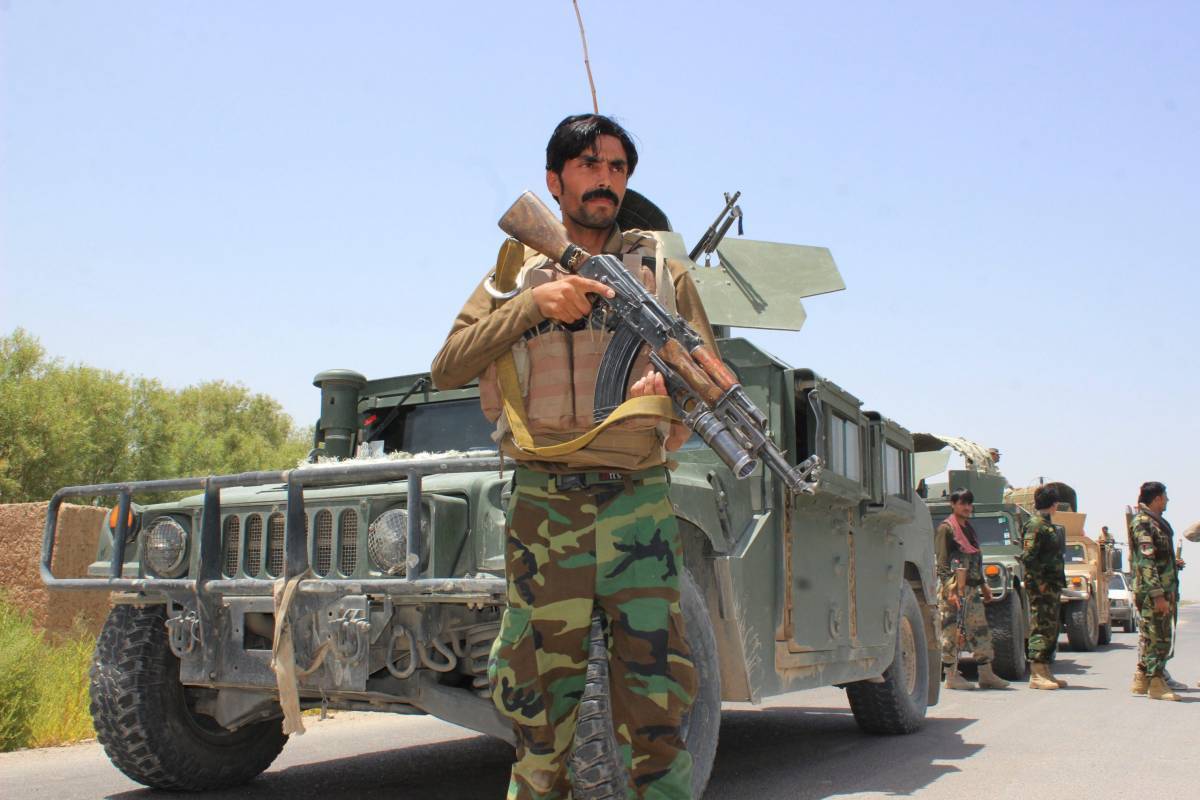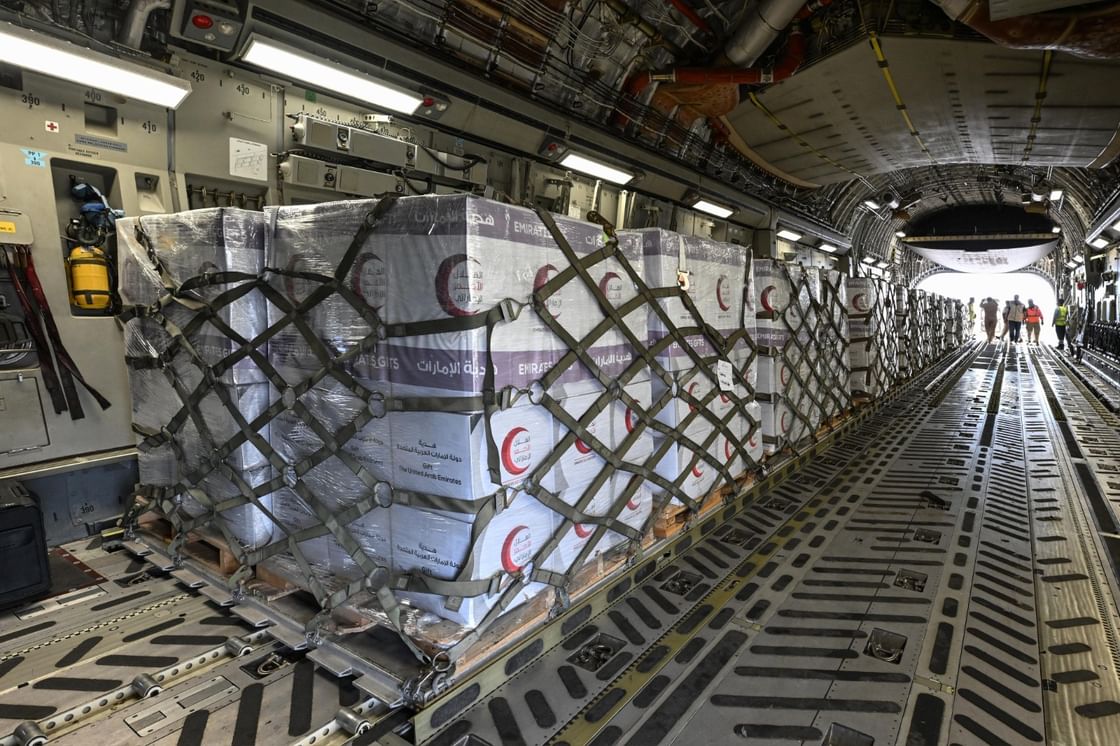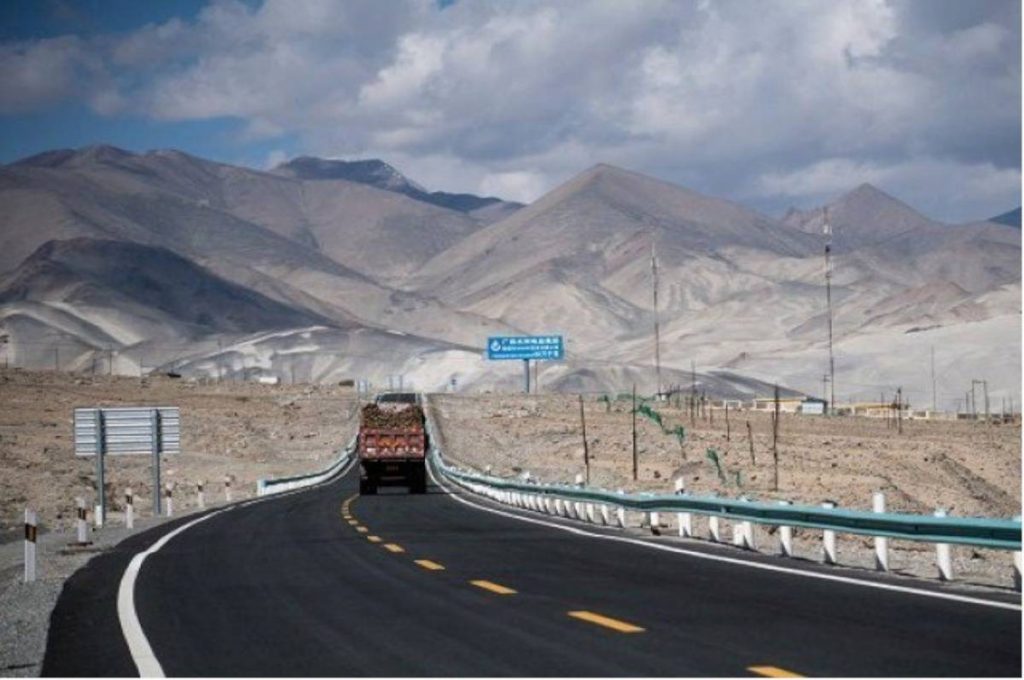Taliban has besieged seven rural Afghan military outposts across the wheat fields and onion patches of the Laghman province, in eastern Afghanistan…reports Asian Lite News
Since the US troops began leaving Afghanistan since early May, there has been a wave of Afghan military surrendering to the Taliban in rural areas.
Taliban has besieged seven rural Afghan military outposts across the wheat fields and onion patches of the Laghman province, in eastern Afghanistan, reported The Frontier Post.
Ammunition was depleted inside the bedraggled outposts in Laghman province. Food was scarce. Some police officers hadn’t been paid in five months.
By mid-month, security forces had surrendered all seven outposts after extended negotiations, according to village elders. At least 120 soldiers and police were given safe passage to the government-held provincial center in return for handing over weapons and equipment.
Taliban enlisted village elders to visit the outposts bearing a message: Surrender or die.
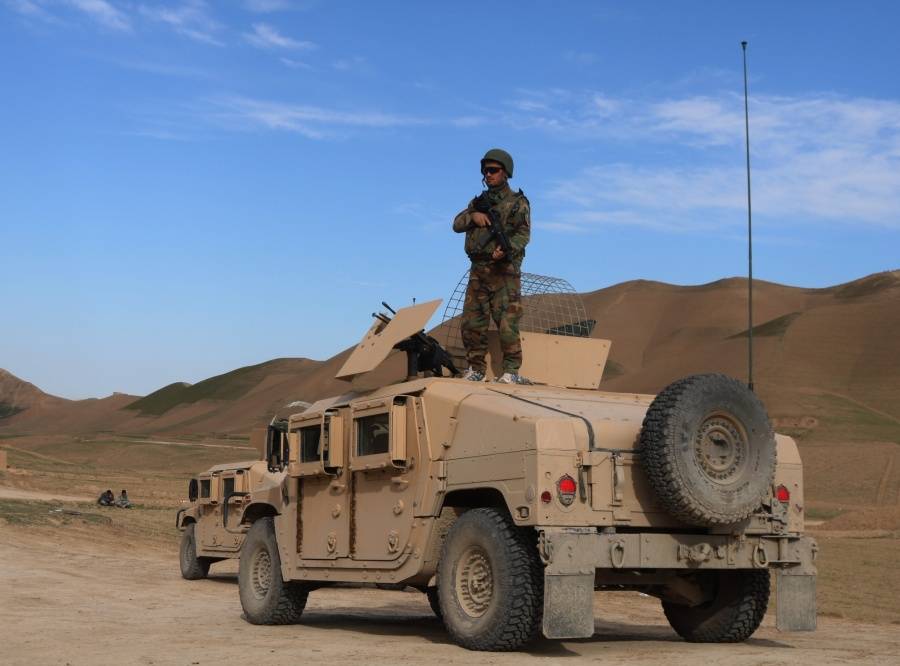
“We told them, ‘Look, your situation is bad — reinforcements aren’t coming,” said Nabi Sarwar Khadim, 53, one of several elders who negotiated the surrenders.
Since May 1, at least 26 outposts and bases in just four provinces — Laghman, Baghlan, Wardak and Ghazni — have surrendered after such negotiations, according to village elders and government officials, reported The Frontier Post.
With morale diving as US troops leave, and the Taliban seizing on each surrender as a propaganda victory, each collapse feeds the next in the Afghan countryside.
ALSO READ: Ready to fight Taliban after US withdrawal: Ghani
Among the negotiated surrenders were four district centers, which house local governors, police and intelligence chiefs — effectively handing the government facilities to Taliban control and scattering the officials there, at least temporarily.
The Taliban have negotiated Afghan troop surrenders in the past, but never at the scale and pace of the base collapses this month in the four provinces extending east, north and west of Kabul.
The tactic has removed hundreds of government forces from the battlefield, secured strategic territory and reaped weapons, ammunition and vehicles for the Taliban — often without firing a shot, reported The Frontier Post.
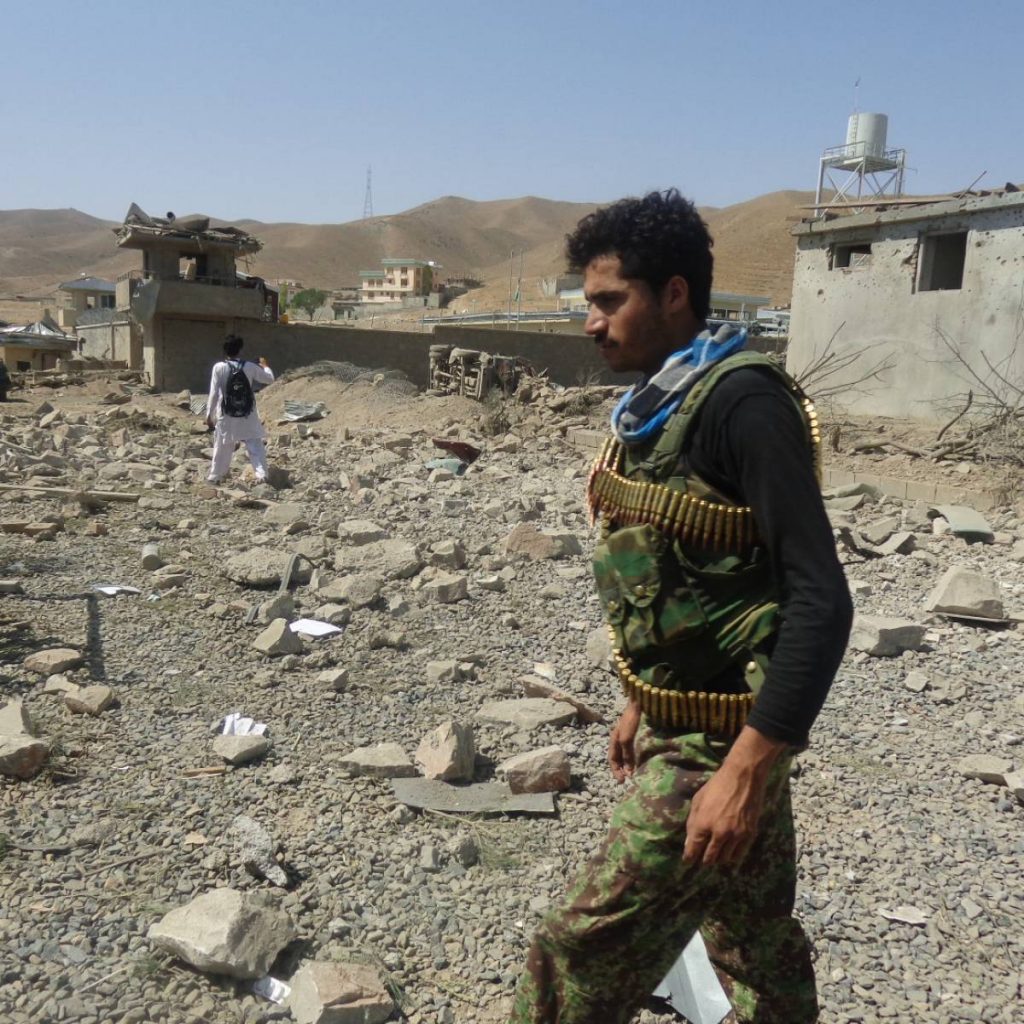
The base collapses are one measure of the rapidly deteriorating government war effort as one outpost after another falls, sometimes after battles, but often after wholesale surrenders.
The surrenders are part of a broader Taliban playbook of seizing and holding territory as security force morale plummets with the exit of international troops. Buyoffs of local police and militia. Local cease-fires that allow the Taliban to consolidate gains. A sustained military offensive despite pleas for peace talks and a nationwide cease-fire, reported The Frontier Post.
“The government is not able to save the security forces,” said Mohammed Jalal, a village elder in Baghlan province. “If they fight, they will be killed, so they have to surrender.”
ALSO READ: Taliban ready for Istanbul summit but wants end talks in Doha
The surrenders are the work of Taliban Invitation and Guidance Committees, which intervene after insurgents cut off roads and supplies to surrounded outposts.
Committee leaders or Taliban military leaders phone base commanders — and sometimes their families — and offer to spare troops’ lives if they surrender their outposts, weapons and ammunition.
In several cases, the committees have given surrendering troops money — typically around USD 130 — and civilian clothes and sent them home unharmed. But first they videotape the men as they promise not to rejoin the security forces. They log their phone numbers and the names of family members — and vow to kill the men if they rejoin the military, reported The Frontier Post.
“The Taliban commander and the Invitation and Guidance Committee called me more than 10 times and asked me to surrender,” said Maj. Imam Shah Zafari, 34, a district police chief in Wardak province who surrendered his command center and weapons on May 11 after negotiations mediated by local elders.
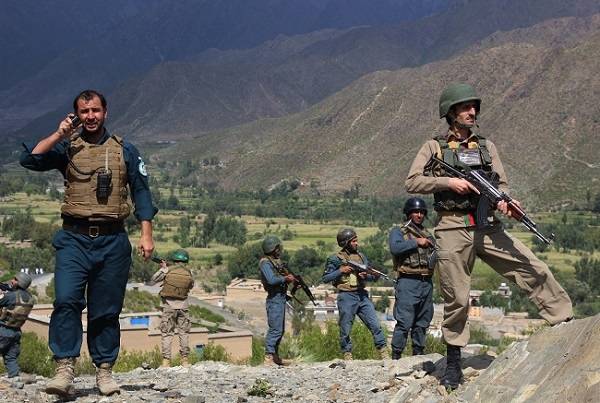
After the Taliban provided a car ride home to Kabul, he said, a committee member phoned to assure him that the government would not imprison him for surrendering. “He said, ‘We have so much power in the government and we can release you,” Zafari said.
The Taliban committees take advantage of a defining characteristic of Afghan wars: Fighters and commanders regularly switch sides, cut deals, negotiate surrenders and cultivate village elders for influence with local residents.
The current conflict is really dozens of local wars. These are intimate struggles, where brothers and cousins battle one another and commanders on each side cajole, threatened and negotiated by cellphone, reported The Frontier Post.
“A Taliban commander calls me all the time, trying to destroy my morale, so that I’ll surrender,” said Wahidullah Zindani, 36, a bearded, sunburned police commander who has rejected Taliban demands to surrender his nine-man, bullet-pocked outpost in Laghman province.
The negotiated surrenders are part of a broader offensive in which the Taliban have surrounded at least five provincial capitals this spring, according to a Pentagon inspector general report released May 18.
The offensive has intensified since the US withdrawal began May 1. The Taliban have used their control of several major highways to cut off bases and garrisons, leaving them vulnerable. (ANI)
ALSO READ: ‘Don’t allow bases for US’: Taliban tells neighbouring nations

